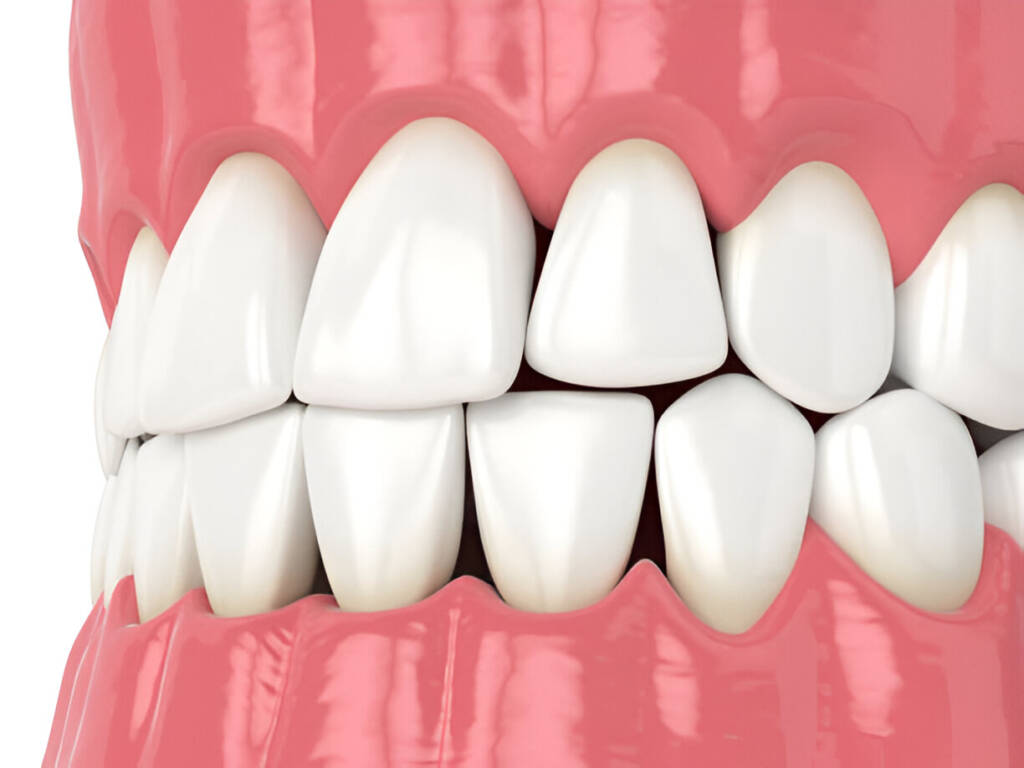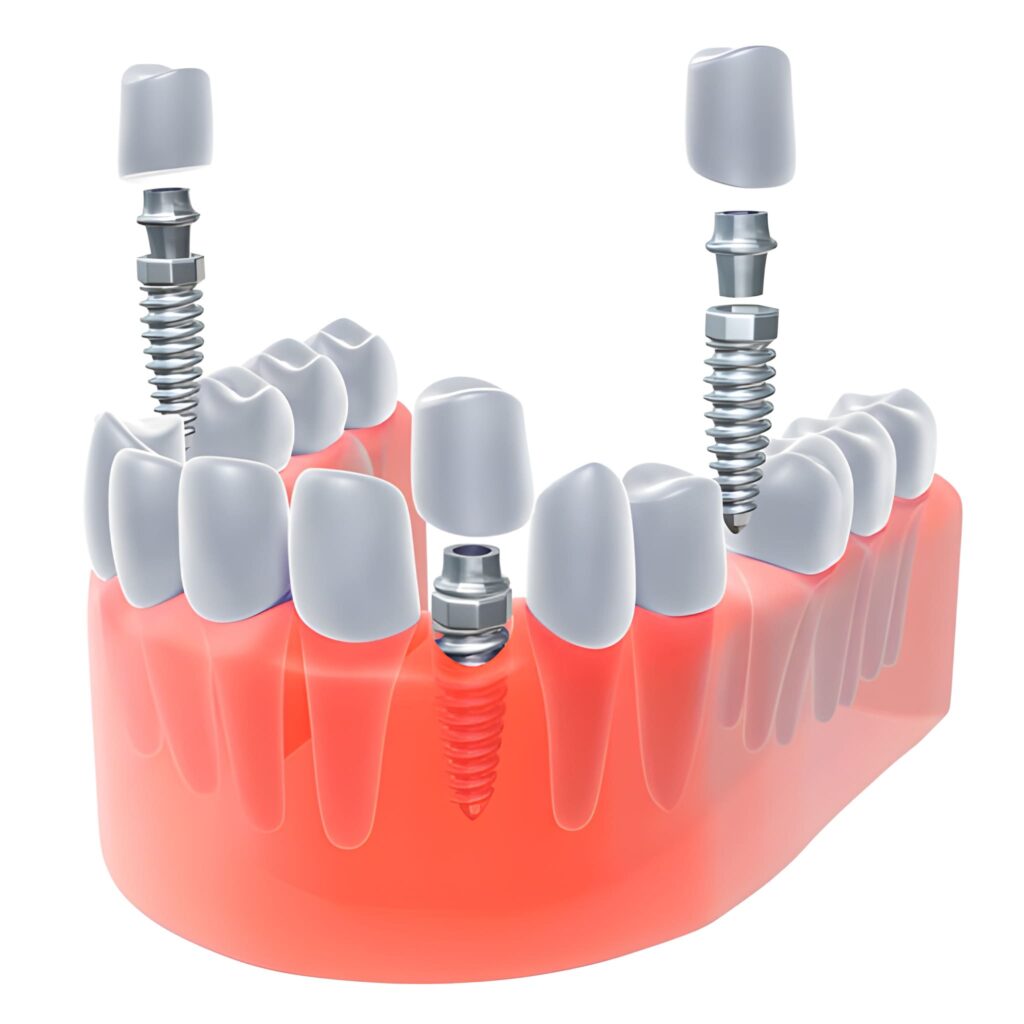Crooked teeth can affect your confidence and make you self-conscious about your smile. Many people, whether children, teens, or adults, seek solutions to achieve a straighter smile. Composite bonding has emerged as a cost-effective and quick way to improve the appearance of your teeth. But can it really straighten your teeth? Let’s explore how composite bonding works, its benefits, and whether it’s the right option for you.
What is Composite Bonding?
Composite bonding, also known as dental bonding, is a cosmetic dental procedure. It involves applying a tooth-coloured resin to the surface of your teeth. This resin can be shaped and polished to match the surrounding teeth, improving your smile’s overall appearance. It is commonly used to fix discolouration, fill gaps, and alter the shape and size of teeth.
How Long After a Composite Filling Can I Eat?
How Does Composite Bonding Work?
During the composite bonding procedure, your dentist will first select a resin colour that matches your natural teeth. The tooth surface is then prepared, often by roughening it slightly to help the resin adhere better. The resin is applied and moulded to the desired shape. After shaping, a special light is used to harden the resin, and the tooth is polished to give it a natural look.
Can Composite Bonding Straighten Teeth?
Composite bonding is an excellent solution for minor dental imperfections. If your teeth are slightly crooked or misaligned, bonding can improve their appearance. The resin can be strategically placed to hide these imperfections, giving the illusion of straighter teeth. However, for more severe misalignments or crowding, traditional orthodontic treatments like braces or clear aligners may be necessary.
How Long After Composite Filling Can I Brush My Teeth?
Benefits of Composite Bonding
Composite bonding offers several benefits for those with slightly crooked teeth:
- Quick Results: Unlike braces, which can take years, composite bonding can be completed in a single visit.
- Natural Appearance: The resin used in bonding matches the colour of your natural teeth, making the results look seamless.
- Cost-Effective: Bonding is often more affordable than orthodontic treatments or veneers.
- Minimally Invasive: The procedure is painless and does not require any drilling or alteration to the natural tooth structure.
- Durable: With proper care, composite bonding can last up to 10 years.
What NHS Dentists Are Taking on New Patients?
Aftercare for Composite Bonding
Taking care of your bonded teeth is essential to maintain their appearance and longevity. Here are some tips for aftercare:
- Avoid Staining Foods: In the first two days after the procedure, avoid foods and drinks that can stain, such as coffee, tea, and tobacco.
- Good Oral Hygiene: Brush your teeth twice a day with fluoride toothpaste and floss daily to keep your teeth and gums healthy.
- Avoid Hard Objects: Do not use your teeth to open bottles or bite your nails, as this can damage the bonding.
- Regular Dental Visits: Visit your dentist regularly for check-ups and cleanings.
Can Composite Bonding Fix Crooked Teeth?
Alternatives to Composite Bonding
If composite bonding is not suitable for your needs, there are other options to consider:
- Braces: Traditional braces are effective for correcting severe misalignments and bite issues. They offer long-lasting results but require a longer treatment time.
- Clear Aligners: Invisalign and other clear aligners are less noticeable than braces and can be removed for eating and cleaning. They are suitable for moderate misalignments.
- Veneers: Porcelain veneers can also improve the appearance of your teeth. They are more durable than composite bonding but are more expensive.
Is Composite Bonding Right for You?
Composite bonding is a versatile and affordable option for improving the appearance of your teeth. It is best suited for minor cosmetic issues, such as slightly crooked or misshapen teeth. If you have more severe alignment problems, orthodontic treatments may be a better option. Consult with your dentist to determine the best treatment for your needs.
Can I Go for Invisalign Treatment During Pregnancy?
Conclusion
Composite bonding can be a great way to enhance your smile if you have minor dental imperfections. It offers quick, natural-looking results with minimal discomfort. However, it is not a substitute for orthodontic treatments for more significant alignment issues. By understanding the benefits and limitations of composite bonding, you can make an informed decision about whether it’s the right choice for your smile.
Book Your Appointment Today!
Schedule Your Consultation with Cove Dental and Implant Centre
If you’re considering composite bonding to improve your smile, the experts at Cove Dental and Implant Centre are here to help. Our skilled dentists will assess your needs and recommend the best treatment options for you. Schedule your free consultation today and take the first step towards a brighter, more confident smile. Contact us now to book your appointment!
Frequently Asked Questions
How long does composite bonding last?
Composite bonding typically lasts between 5 to 10 years, depending on proper care and maintenance, including avoiding staining foods and practicing good oral hygiene.
Is composite bonding painful?
No, composite bonding is usually pain-free. It does not require drilling or anaesthesia, making it a minimally invasive procedure.
Can composite bonding fix severely crooked teeth?
Composite bonding is best for minor misalignments. Severe crookedness may require orthodontic treatments like braces or clear aligners for effective results.
How much does composite bonding cost?
The cost of composite bonding varies but generally ranges from £200 per tooth, depending on the clinic and dentist’s experience.
How long does the composite bonding procedure take?
The procedure typically takes 1 to 4 hours, depending on the number of teeth being treated. It can usually be completed in a single visit.
Does composite bonding stain?
Yes, composite resin can stain over time, especially from coffee, tea, or tobacco. Regular dental cleanings and good oral hygiene help maintain its appearance.
Can composite bonding be removed?
Yes, composite bonding is reversible. If you wish to remove it, your dentist can do so without causing damage to your natural teeth.
For more information, Click here….





